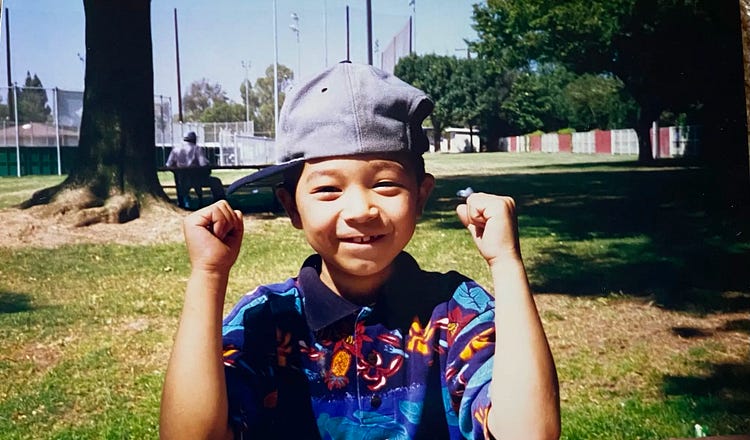The Three Adults Who Abandoned Me—And Taught Me Life’s Most Important Lesson

Rob Henderson, age 7. (Image courtesy of Rob Henderson)
An exclusive excerpt from Rob Henderson’s new memoir. Plus: Sam Quinones on fentanyl overdoses, Democrats cool on Biden, and more.
356
Today from The Free Press: Ten headlines you need to know. Sam Quinones on the latest teen overdose and the fentanyl epidemic. Plus: The Democrats’ vibe shift on Joe Biden, and more.
First, we are proud to share an exclusive excerpt from Free Press columnist Rob Henderson’s stunning new memoir, Troubled. In it, he describes his heartbreaking childhood—an…
Continue Reading The Free Press
To support our journalism, and unlock all of our investigative stories and provocative commentary about the world as it actually is, subscribe below.
$8.33/month
Billed as $100 yearly
$10/month
Billed as $10 monthly
Already have an account?
Sign In


